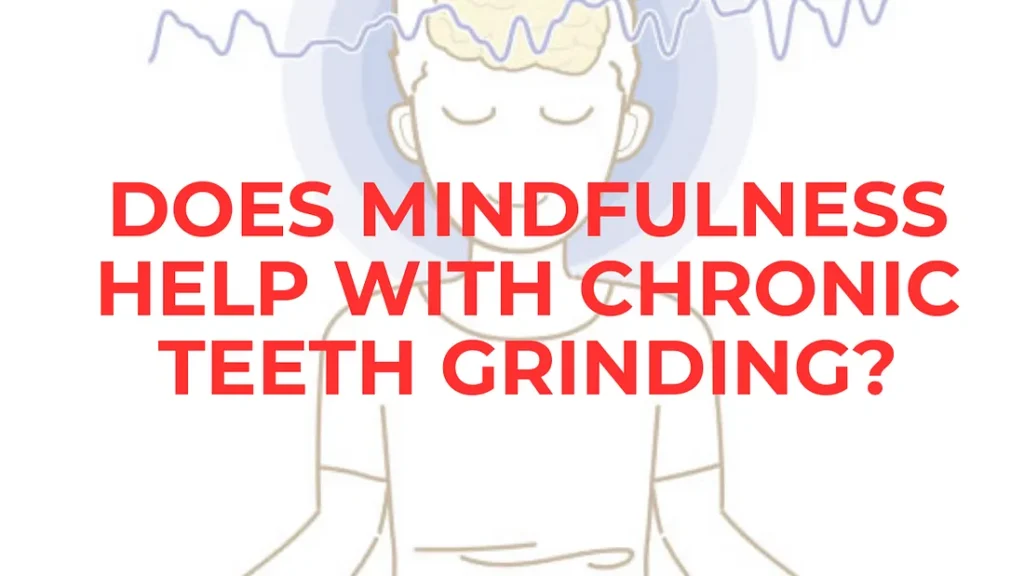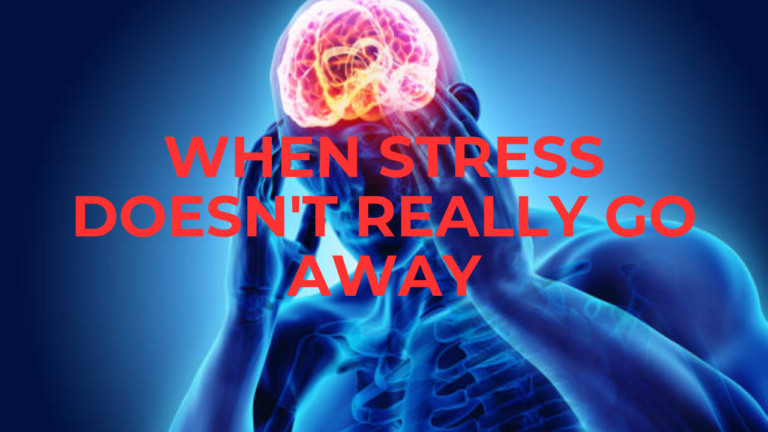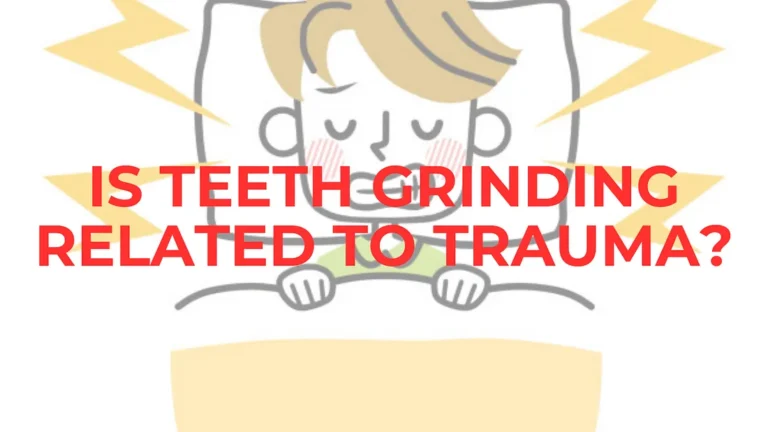Book Appointment Now
How Mindfulness Can Help with Chronic Teeth Grinding: A Comprehensive Guide?

Today I’m going to answer the question: does mindfulness help with chronic grinding or jaw clenching? I’ll explain why it helps and also why sometimes it may fall short.
Mindfulness is the practice of being present or bringing your mind to the present moment. Many grinders have mentioned that during the day, they drift away and become all over the place, leading to a lot of grinding.
This happens because they haven’t addressed their responsibilities or basic aspects of life. When these things come to the surface, they cause stress, which leads to grinding. However, when they focus on the grinding, they find it stops.
Conversely, a lack of attention causes them to start grinding again. Essentially, healing involves putting attention on the discomfort you are feeling.
If you feel unworthy or like you haven’t succeeded in life, simply acknowledging those feelings can help. It’s like telling yourself, “I understand that you are trying to make me believe these things, but I also understand that I will overcome this.” Healing involves bringing the unconscious into your awareness.
Mindfulness works if you keep your attention in the present moment. This helps you see life as it is, not as what you’ve missed out on or the bills you haven’t paid. You’ll start appreciating the beauty of your life, such as being alive, having a job, and having some peace or support. This gratitude reduces stress.
However, if you drift away, unresolved issues will come to the surface. These underlying issues can be unhealed wounds, processed trauma, or stuck emotions. When these issues resurface, they cause stress, leading to grinding. That’s why mindfulness is essential, but it’s also crucial to address these underlying issues.
When you stop being mindful, unresolved issues cause grinding. If you could live a life of total mindfulness, you might avoid grinding, but complete mindfulness is often impossible. The real work is dealing with underlying issues like unhealed trauma, stuck emotions, or negative beliefs. Once you address these, you’ll find peace, and these issues won’t control you anymore.
If a habit like grinding becomes uncontrollable, it means it’s deeply ingrained in your unconscious. You need to do unconscious work to address the root cause holding the habit in place.
The habit of teeth grinding keeps you in a familiar, safe environment. Once you address the underlying issues that led to this habit as a coping mechanism, you communicate to your mind that you can handle stress and life more responsibly, and you want to let go of the past. Your mind will then understand that you no longer need the grinding habit because it’s not serving you anymore.
Habits provide temporary relief, but your mind holds onto them until you deal with the root cause. By focusing on uncomfortable aspects deep within you, you’ll find healing. When you find healing, your mind will let go of the unhealthy habit. This applies to all habits and addictions.







